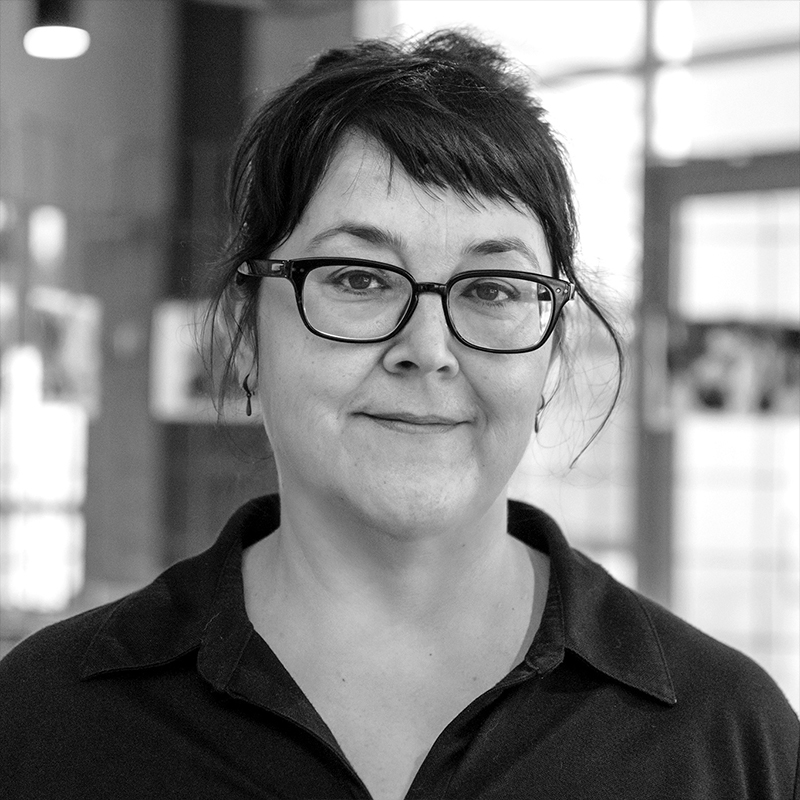
Özlem Özkal
A curious case of Ottoman Typography: detached Arabic Letters
November 5, Saturday 15:00 – Sakıp Sabancı Museum
This presentation focuses on detached Arabic type, also known as ‘Huruf-u Munfasıla’ created in the Ottoman territory between 1908-1914. As deviations from traditional, script-oriented Ottoman typography, these little-known alphabets can be viewed as bizarre forerunners of simplified Arabic.
The idea of making revisions on the letters was considered as necessary to improve literacy since 1860s and it was pursued by a few people with some but not definitive results. The attempts for moderate modifications took a different turn after the 1908 Revolution. The new political climate encouraged intellectuals to overcome the addressed issues for once and for all. Many agreed the solution was a detached writing system. Increasingly grabbing the attention of the public, the subject mobilized several committees and individuals each of whom proposed morphologically and stylistically diverse models. Typographically adventurous as they can be, some designs were so far-flung from the traditional letterforms that contrary to the initial goal, they harbored crucial obstacles for readability.
This presentation will walk you through different examples of detached Arabic type designs made at the turn of the century in Istanbul. It will discuss their typographic properties in parallel with the political, cultural and the technological background that shaped them. Although these designs, even the one authorized by Enver Pasha, have never become popular and disappeared quickly into the depths of the history, they are valuable as the evidence of a certain typographical wit. By uncovering their components and systems, this research hopes to contribute the existing knowledge on Ottoman typographic culture and help to build a more comprehensive history of typography in Turkey.
Bio
ÖZLEM ÖZKAL is Assistant Professor of Communication Design at Özyeğin University (OzU) in Istanbul. She received her bachelor’s degree in industrial design from Middle East Technical University; MFA and PhD degrees in graphic design from Bilkent University in Ankara, Turkey. She worked as a creative director between 1995-2003. During the years 2006-2009 she joined The School of the Museum of Fine Arts, Boston, where she taught classes in graphic design, typography and design foundation in Continuing Education and Text & Image Arts programs. Since 2009, she continues academic research and practice in Turkey, teaching graduate and undergraduate classes in typography, communication design and visual studies. She presented papers in international design conferences such as ATypI, ICTVC, Fast Forward and ISType. Her fields of research are visual culture, design education, typographic design and history.







